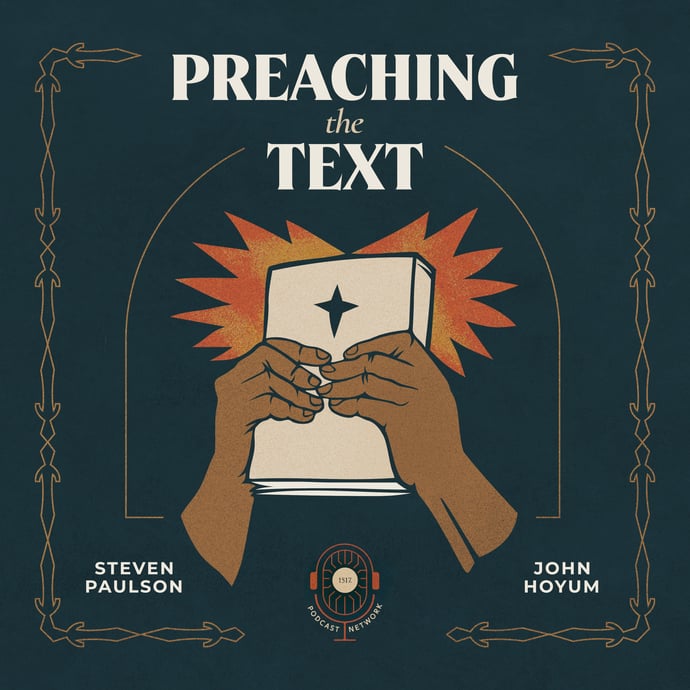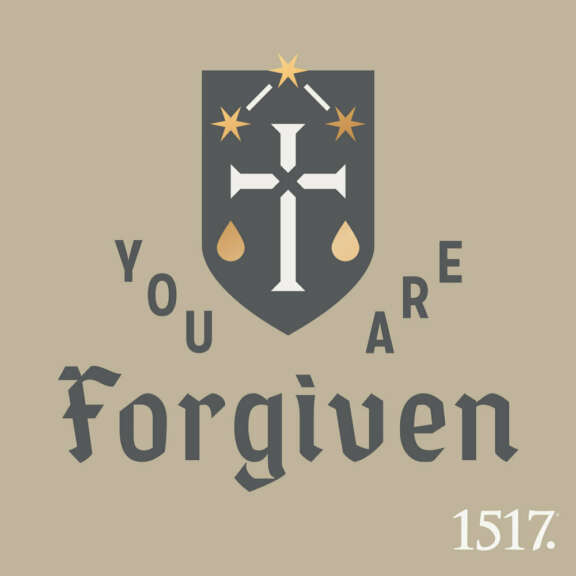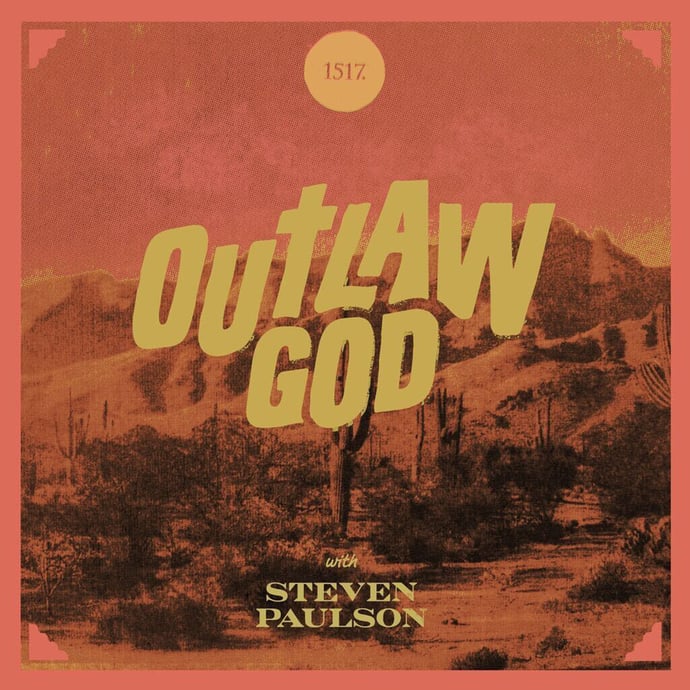On this episode of Preaching the Text, John Hoyum and Steve Paulson discuss the story of Mary and Martha.
Podcasts
Each 1517 Podcast is dedicated to delivering Christ-centered content through weekly, monthly, and seasonal audio platforms. Listen online or on your favorite podcasting app.
Author
- All Authors
- Aaron Zimmerman
- Adam Francisco
- Amy Mantravadi
- Blake Flattley
- Bob Hiller
- Bradley Gray
- Brian W. Thomas
- Bror Erickson
- Bruce Hillman
- Caleb Keith
- Chad Bird
- Chris Rosebrough
- Christopher Gillespie
- Cindy Koch
- Craig Donofrio
- Dan van Voorhis
- Daniel Deen
- Daniel Emery Price
- Darrin Sheek
- David Andersen
- David Rufner
- David Zahl
- Debi Winrich
- Delwyn Campbell
- Donavon Riley
- Doug Klembara
- Edward Killian
- Elyse Fitzpatrick
- Erick Sorensen
- Flame
- Grant Klembara
- Gretchen Ronnevik
- Haroldo Camacho
- Jacob Smith
- Jared C. Wilson
- Jeff Mallinson
- Jeffrey Pulse
- Jessica Thompson
- Jim Nestingen
- Joel Fitzpatrick
- Joel Hess
- John Andrew Schreiner
- John Bombaro
- John T. Pless
- John W. Hoyum
- John Warwick Montgomery
- Katie Koplin
- Kelsi Klembara
- Ken Sundet Jones
- Luke Kjolhaug
- Magnus Persson
- Mark Mattes
- Matt Popovits
- Michael Berg
- Michael Horton
- Nick Lannon
- Paul Koch
- Peter Nafzger
- Philip Bartelt
- Raleigh Sadler
- RJ Grunewald
- Robert Kolb
- Rod Rosenbladt
- Ron Hodel
- Sam Leanza Ortiz
- Sarah Condon
- Sarah Crowder
- Scott Davis
- Scott Keith
- Steven Paulson
- Tanner Olson
- Troy Neujahr
- Uwe Siemon-Netto
- Wade Johnston
- William Cwirla
-
On this episode of Preaching the Text, John Hoyum and Steve Paulson discuss the sending of the seventy-two preachers.
-
On this episode of Preaching the Text, John Hoyum and Steve Paulson discuss the two words the preacher is called to give: the binding word, and the loosing word.
-
Pastor Sheek Teaches On John 10:22-33 and Revelation 7:9-17
-
Strong Words for a Strong Word. In this episode, we read Steven Paulson’s book, The Outlaw God. We discuss preaching, doing God’s Word to listeners, calling out curses and blessing confessions, using strong words to expose and condemn the devil and the world, and much, much more.
-
Paulson continues the conversation about the "spiritual man" who cannot be judged.
-
In this episode, Kelsi chats with theologian Mark Mattes about his new release with 1517 Publishing, Ditching the Checklist: Assurance of Salvation for Evangelicals (and Other Sinners).
-
Yes, but how do we know that we believe the truth?
-
Show Notes: Support 1517 Podcast Network 1517 Podcasts 1517 on Youtube 1517 Podcast Network on Apple Podcasts 1517 Events Schedule 1517 Academy - Free Theological Education What’s New from 1517: Pre-order: Ditching the Checklist by Mark Mattes Broken Bonds: A Novel of the Reformation, Book 1 of 2 by Amy Mantravadi Bible in One Year with Chad Bird Junk Drawer Jesus By Matt Popovits Take 20% Off Our Lenten Devotionals until March 5th: The Sinner/Saint Lenten Devotional Finding Christ in the Straw: A Forty-Day Devotion on the Epistle of James More from the hosts: Troy Neujahr Craig Donofrio
-
What is the word? "Love" is the word.
-
On this episode of Preaching the Text, John Hoyum and Steve Paulson discuss the visitation of Mary to Elizabeth while both are pregnant – Mary with Jesus, and Elizabeth with John.
-
Craig and Troy return to the little book of Jude, where Jude reminds us of God's authority, ability to judge absolutely.





